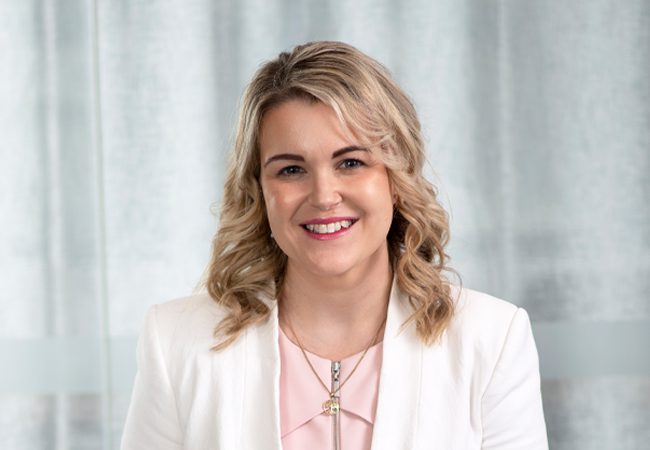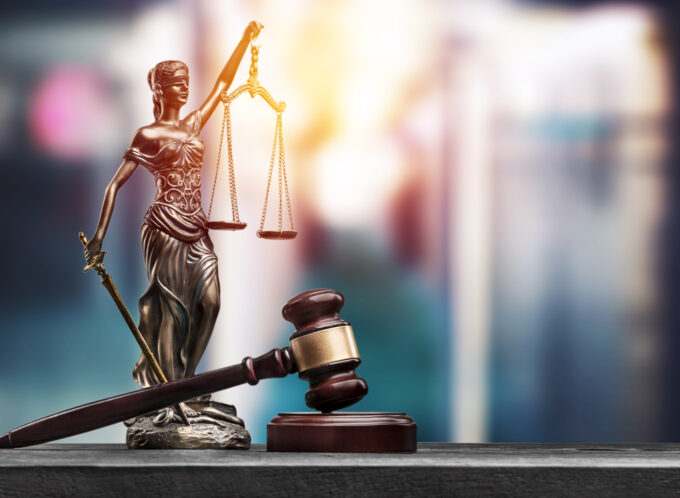Masson v Parsons [HCA] 21. The Facts
In 2006 Mr Masson, donated his semen to a friend and a baby was born as result of artificial insemination. At the time of the donation Mr Masson’s intention was that he would be involved in the child’s life and in fact he was.
Whilst this could have been a ‘happily ever after’ story of the modern Australian family, in 2015 the birth mother and her new partner indicated that they intended on moving to New Zealand with the child.
Mr Masson filed an application in the Family Court seeking to restrain the biological mother from relocating the residence of the child and for him to share parental responsibility. This ultimately resulted in contentious debate about the legal parentage of the child; the case of the biological mother and her partner being that Mr Masson was not a parent he was simply a sperm donor.
The Judgment
In a highly anticipated judgment, the High Court of Australia disagreed with the biological Mother and her partner, affirming that Mr Masson is in fact a legal parent of the child.
Contrary to what sensational headlines would have you believe, this judgment does not swing open the flood gates for sperm donors to rush in and lay claim to the children who result from their donation and it certainly does not decree that each and every sperm donor is a legal parent of those children.
Sensibly, the implication of the High Court judgment seems to be that in order for the donor of genetic material to assert that they should be recognised as the legal parent of the resulting child, they must be able to demonstrate a ‘parent like’ involvement in the child’s life. In this case Mr Masson supported the child financially, had a close relationship with her, was listed as the father on the birth certificate and was even called ‘Daddy’.
Why does it matter?
Whilst this decision has significant implications for donors involved in the lives of their biological children, irrespective of Masson v Parsons it has long been the case that any person concerned with the care, welfare and development of a child is able to seek parenting Orders with respect to the child.
However legal parenthood is important because the Family Law Act treats parents and non-parents differently. For example, the Court must apply a rebuttable presumption that it is in the best interests of a child for his/her parents to have equal shared parental responsibility for the child. Likewise, when determining what is in a child’s best interest, the Court must consider the benefit to the child of having a meaningful relationship with both parents. Finding that Mr Masson is a parent meant that the Court had to give consideration to these factors.




















